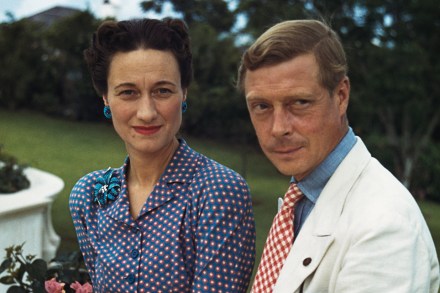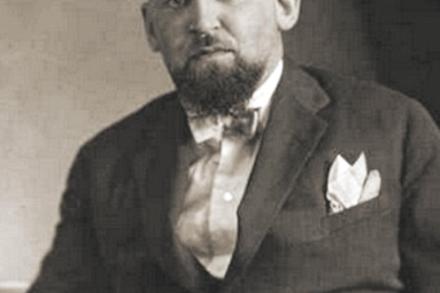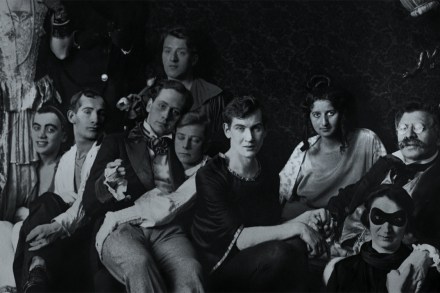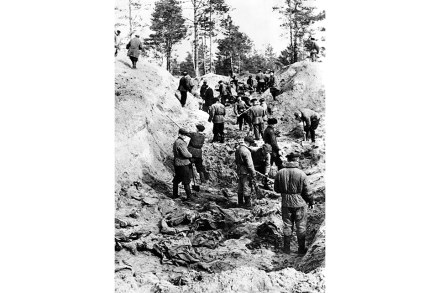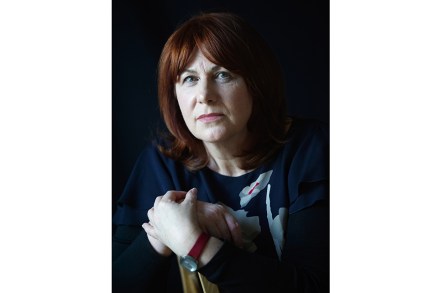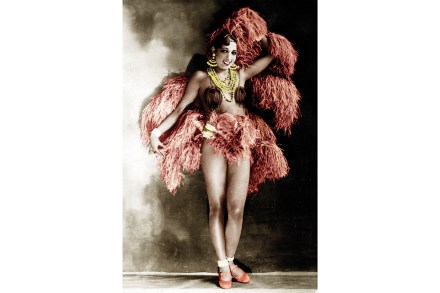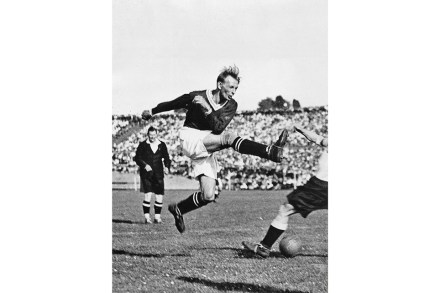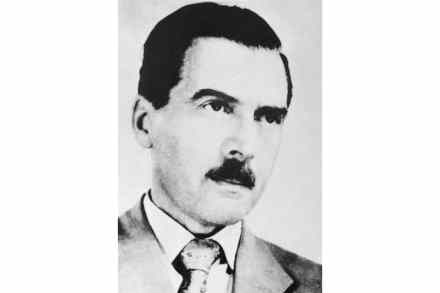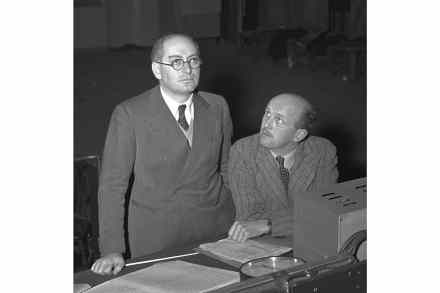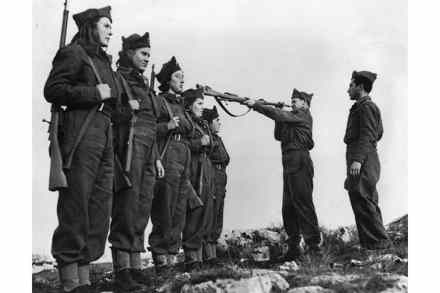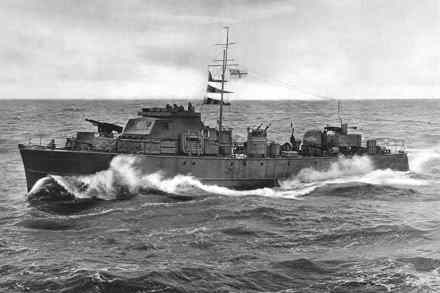The Duke of Windsor had much to be thankful for
Once a King is trumpeted as ‘game-changing’, a ‘trove of never-before-seen papers which shed fresh light on the maligned Duke of Windsor’ and will ‘turn on its head long-accepted stereotypes’ about him. These are bold claims, but do they stack up? ‘The lost memoir of Edward Vlll’ actually consists of an early draft of the Duke of Windsor’s self-serving memoir, A King’s Story (1951), which Jane Marguerite Tippett found in the papers of the former king’s ghostwriter Charles Murphy in the Boston University archives. Far from being lost, the papers have been known to historians for 20 years and largely ignored in favour of more important collections elsewhere, not least
